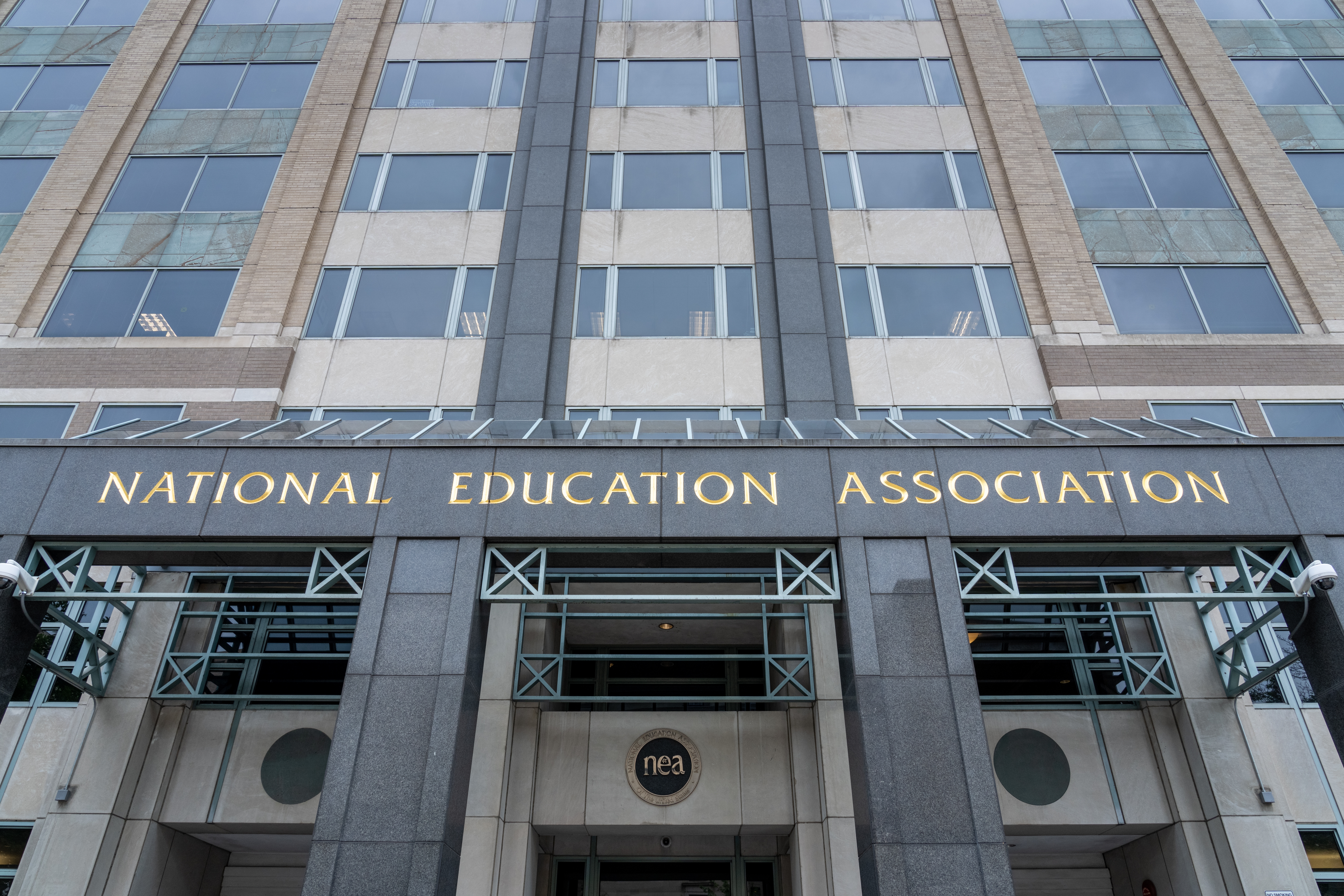According to new research from Americans for Fair Treatment, the National Education Association (NEA) and the Oregon Education Association (OEA) donated a combined $575,000 dollars of membership dues to the Oregon Votes Yes PAC during the 2022 election cycle. Expenditure reports show this money paid for online advertisements and canvassing in support of four constitution-amending ballot measures related to healthcare, criminal justice, quorum requirements, and firearms.
The measures, which all passed, include:
- Ballot measure 111, which redefined healthcare as a fundamental human right to the Oregon State constitution.
- Measure 112, which removed language in the constitution related to indentured servitude or slavery as a punishment for crime—previously used to reduce prison sentences in the criminal justice system.
- Measure 113, which prohibits a member of Oregon’s legislature from holding state office for one full term, if they have 10 or more unexcused absences, effectively ending a procedural move for the minority to deny quorum.
- Measure 114, which altered the state’s firearm and purchasing requirements, in addition to adding a magazine capacity limit.
According to OreStar campaign finance disclosures, the Oregon Votes Yes PAC received a total of $785,950. Of that total, two of the largest contributions came from the NEA ($500,000) and the OEA ($75,000).
The two largest expenditures listed on the PAC’s campaign funding disclosures went to “Winning Mark,” for “Online and Social Media Advertising,” and a close second to “The Outreach Team,” for “canvassing services.”
While individual voters and teachers union members may support these measures, it’s unclear if either union sought membership input before spending dues to influence state policy. In addition, it appears that the NEA did not publicly disclose its support or affiliation to Oregon voters, despite recent changes to campaign finance law.
In 2020, Oregon voters passed a constitutional amendment that “limits campaign contributions and expenditures; requires disclosure of contributions and expenditures; and require that political advertisements identify the people or entities that paid for them.”
However, the amendment was preempted by law passed by the Oregon General Assembly in 2019. The bill enacted narrowly defines political influence spending by exempting ballot measure committees from the definition, and thus, the new disclosure requirements.
This narrow scope has created an additional layer of anonymity for political influence operators, specifically as it relates to social media ads or paid online influence operations.
This opaque shielding creates barriers for Oregon voters and decreases transparency for public employee union members hoping to quickly track where their dues are going.
AFFT reached out to the OEA for comment.
Are you an NEA or OEA dues paying member, surprised by this story? Were you ever contacted or asked if you’d like your money to influence Oregon State politics? Let us know at AFFT.org.
